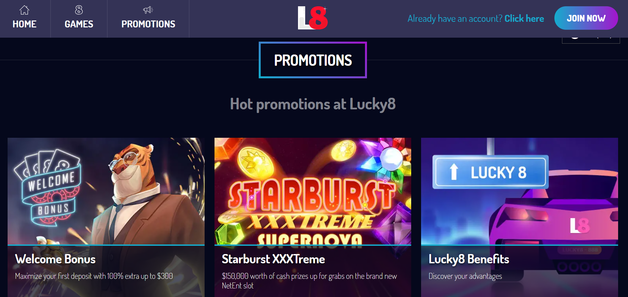
What Are Loyalty Bonuses and Why Are They Important?
In a competitive marketplace, businesses are constantly seeking ways to attract and retain customers. One effective strategy that has gained traction in recent years is the implementation of loyalty bonuses. But What Are Loyalty Bonuses and How Do They Work in Bangladesh? https://becric-india1.com/, and how do they benefit both companies and consumers? This article delves into the intricacies of loyalty bonuses, offering insights into their purpose, structure, and advantages.
Understanding Loyalty Bonuses
Loyalty bonuses are rewards that companies offer to customers who demonstrate consistent patronage. These incentives can take various forms, including discounts, points redeemable for future purchases, exclusive access to special events or products, and more. The fundamental goal of loyalty bonuses is to encourage repeat business, fostering a sense of belonging and appreciation among customers.
The Psychology Behind Loyalty Bonuses
The psychology behind customer loyalty is fascinating. When customers receive rewards for their loyalty, they feel valued and recognized. This emotional connection can lead to greater customer satisfaction and increased likelihood of returning for future purchases. Additionally, loyalty programs can create a sense of community around a brand, where customers interact with each other and the brand itself, enhancing their overall experience.
Types of Loyalty Bonuses
There are several types of loyalty bonuses that businesses can implement, each catering to different customer needs and preferences:
- Point-Based Systems: Customers earn points for every purchase, which can later be redeemed for discounts or free products.
- Tiered Rewards: As customers reach certain spending thresholds, they unlock higher levels of rewards, encouraging increased spending.
- Cashback Offers: Customers receive a percentage of their purchase amount back as a reward, providing immediate value.
- Exclusive Access: Loyal customers may receive early access to sales, new products, or special events, making them feel part of an exclusive club.
Benefits for Businesses

Implementing a loyalty bonus program can yield substantial benefits for businesses. Here are some of the key advantages:
- Increased Customer Retention: Retaining existing customers is often more cost-effective than acquiring new ones. Loyalty bonuses encourage repeat visits and purchases, increasing customer retention rates.
- Higher Average Spend: Research shows that loyal customers tend to spend more than new customers. Loyalty programs incentivize consumers to reach specific spending thresholds to receive rewards.
- Customer Insights: Loyalty programs often require customers to register and provide information, allowing businesses to gather valuable data on purchasing behavior and preferences.
- Brand Loyalty: Creating a positive experience through loyalty bonuses can foster brand loyalty, encouraging customers to choose your brand over competitors.
Benefits for Customers
From a consumer perspective, loyalty bonuses offer tangible benefits that enhance the shopping experience:
- Cost Savings: Discounts and cashback offers provide direct financial benefits to customers, making their purchases more affordable.
- Personalization: Loyalty programs often tailor rewards based on individual preferences, creating a more personalized shopping experience.
- Sense of Community: Participating in a loyalty program can create a feeling of belonging, as customers engage with the brand and other loyal consumers.
Challenges of Implementing Loyalty Bonuses
While there are many benefits to loyalty bonus programs, businesses may face challenges in designing and implementing them effectively. Some potential pitfalls include:
- Cost Management: Companies must carefully manage the costs associated with loyalty programs to ensure they do not outweigh the benefits.
- Program Complexity: If customers find a loyalty program too complex or confusing, they may disengage rather than participate.
- Over-Reliance on Discounts: Businesses must strike a balance between offering attractive rewards and maintaining profit margins.
Conclusion
Loyalty bonuses represent a powerful tool for businesses looking to cultivate long-term relationships with their customers. By offering rewards and incentives, companies can boost customer retention, increase average spend, and gain valuable insights into consumer behavior. For consumers, loyalty bonuses provide cost savings and a sense of community, enhancing their overall shopping experience. As businesses continue to innovate and adapt their loyalty programs, the potential for mutual benefit remains substantial. Understanding what loyalty bonuses are and how they work is the first step toward capitalizing on these opportunities.




